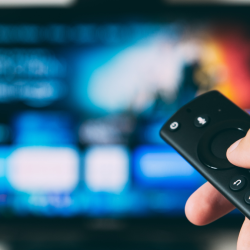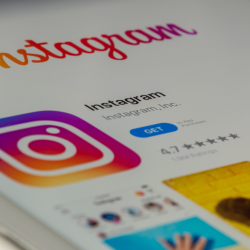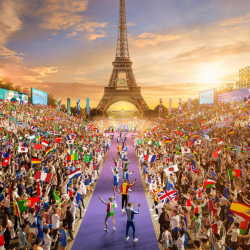Few events stir the heart like an Olympic Games. I, for one, have never experienced a more euphoric time to be in the UK’s capital than during London 2012. This year, all eyes turn to Paris, as the Olympic movement returns to Europe for the first time since those heady days a dozen years ago.
Brands will certainly be paying attention — especially in the US, which has been starved of time zone-appropriate Olympic competition since Rio 2016. However, as we explain in a new WARC Media report on sports media in the era of fragmentation, the link between blue-chip sporting events and advertising investment has weakened in recent years in light of evolving media consumption habits.
Diminishing impact on ad spend
Reach plays a key role in marketing effectiveness, and major live sports events are pretty much the only game in town when it comes to mass concurrent viewing — just look at the 123.7 million that recently tuned in to watch the Kansas City Chiefs defeat the San Francisco 49ers in the Super Bowl. In past decades sport has been an important contributor to the so-called ‘quadrennial effect’ — when, once every four years, the ad market is buoyed by a combination of events like the Summer Olympics and the US Presidential Election. Back in 2012 the UK ad market experienced a much-needed London 2012 boost. Annual ad spend growth that year was an anaemic 2.1%, according to WARC Media, the lowest rate we would see all decade. Linear TV spend shrunk by 0.6% over the course of the year. Yet, in the giddy build-up to the Games, linear TV ad spend growth spiked at 4.9%, and the overall ad market grew by 4.1%.
A similar pattern emerges when we look at the impact of men’s international football tournaments. On average, TV ad spend in FIFA World Cup years between 1986 and 2022 was nearly four percentage points higher in Q2 than other quarters throughout the year, demonstrating a historic willingness of brands to advertise around competitions. However, that impact has diminished in recent years, with no discernible uptick in ad spend around the last two World Cups in Russia and Qatar in 2018 and 2022 respectively.
Race for the finish line
2024’s bumper schedule of major sporting events appears unlikely to reverse ongoing declines in linear TV spend. While Olympic host France is forecast to see a 4.9% boost to linear TV advertising this year, WARC Media expects a drop in spend with the medium in the UK and Germany, despite the latter hosting UEFA Euro 2024. That said, in both markets, investment with all TV formats — including video-on-demand (VOD) platforms — is forecast to grow in 2024. A key reason for this weakening relationship between sport and spend is the ongoing fragmentation, both in media consumption habits, but also sports rights. Look at the NFL: any fan in the US wanting to see all live games in a season will need deep pockets, with coverage spanning cable TV (NBC and ESPN), streaming services (Amazon Prime, Peacock, YouTube TV) and mobile app (NFL+).
At a market level, Olympic broadcast rights are more concentrated. However, viewing is likely to be more splintered than in previous years due to new contractual obligations for media partners to broadcast or stream all 10,000 hours of live competition, no matter how niche the sport. This may be great news for fans of events like the modern pentathlon, but is potentially bad news for brands hoping for mass concurrent viewing. We may yet see an upswing in Paris 2024-themed advertising activity in the summer, with marketers and fans alike swept up in the excitement.
IAB Europe predicts US brands will spend an additional $2bn around the Olympics, and the IOC told WARC it sees ‘very positive signs’ in early ad bookings in France and the US.
However, in an ecosystem where content and audience are increasingly divorced from investment, much of the ad revenue gains made by Olympic broadcasters like NBCUniversal and Warner Bros. Discovery are likely to be at the expense of their TV rivals — rather than representing the kind of incremental spend we’ve witnessed around previous Games.
Featured image: Gentrit Sylejmani / Unsplash































